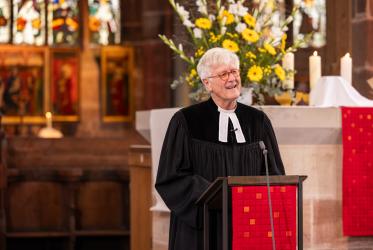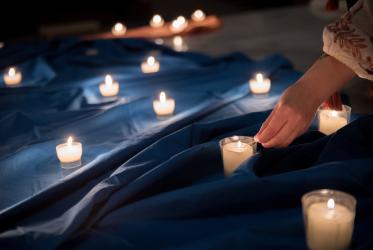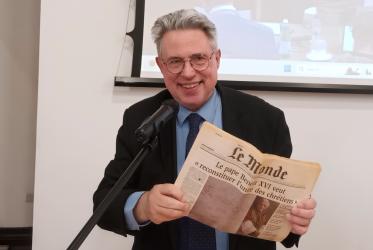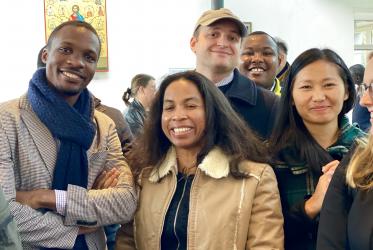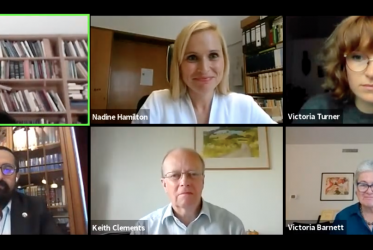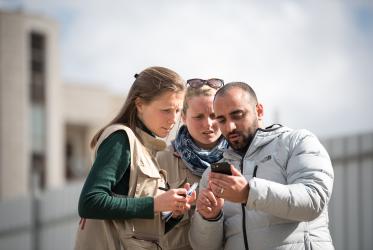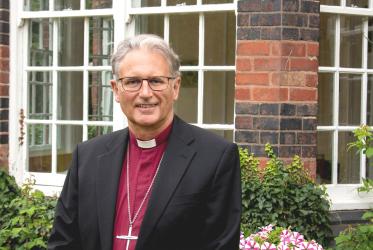Displaying 1 - 20 of 89
Uppsala 1968: c’était le temps des changements
19 September 2022
Uppsala 1968: The times, they were a’changing
06 September 2022
WCC 11th Assembly opens—and “nothing can separate us from God's love”
01 September 2022
“Coventry Cathedral continues to speak a word of hope to the world”
10 December 2020
At Bossey, ’I could feel the belongingness’
17 June 2020

